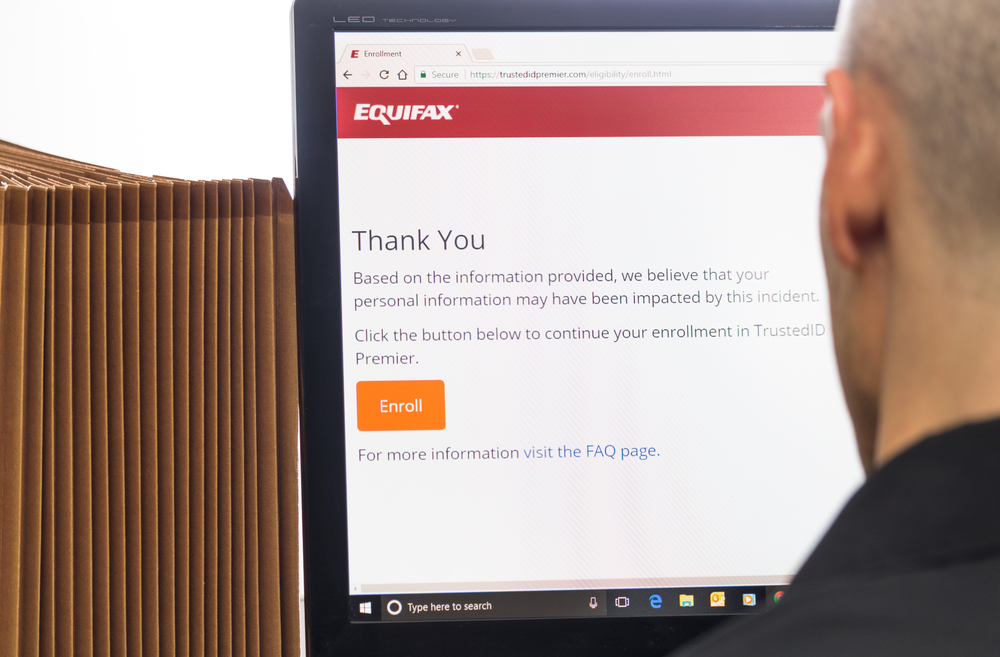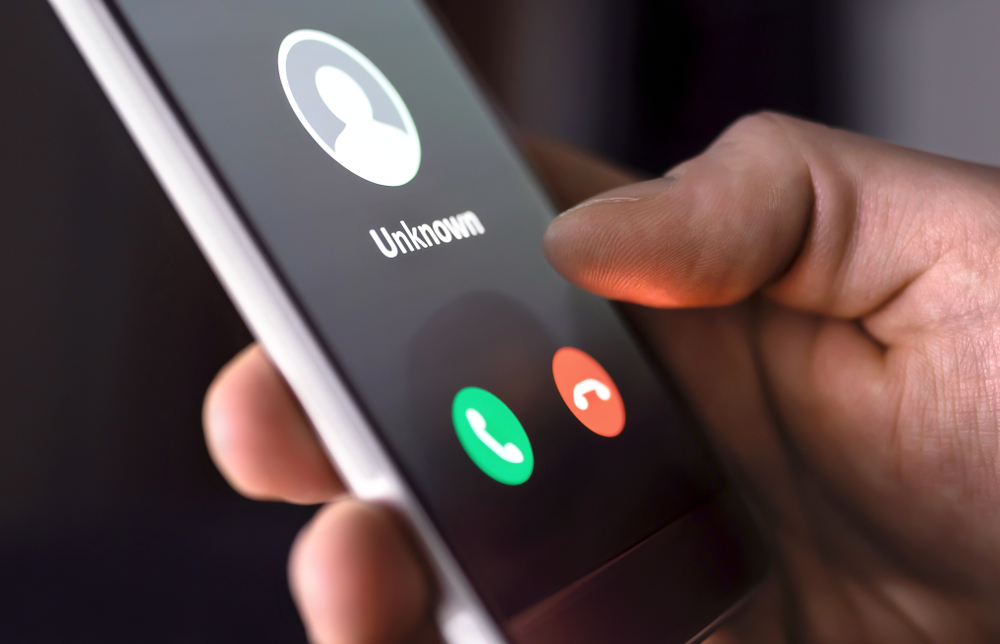As one of the leaders in do-it-yourself dental alignment, SmileDirectClub has become highly popular, highly profitable, and highly controversial. Since the company’s founding, it’s promised simple at-home orthodontic correction through the use of clear aligners.
The reality for many patients is anything but simple, and hundreds of consumers have alleged SmileDirectClub’s products made their teeth even worse than they were before. If you’ve been affected by these increasingly popular products, it’s important to understand the background of the company, as well as lawsuits it’s already faced.
- What Is SmileDirectClub?
- SmileDirectClub Lawsuits
- What Should I Do if I Have Been Affected by SmileDirectClub?
- How Do I Know if I Qualify to Be Part of a SmileDirectClub Lawsuit?
- Do I Need a Lawyer to Join a SmileDirectClub Lawsuit?
- How Long Does It Take to Settle a SmileDirectClub Lawsuit?
- What Is the Statute of Limitations on SmileDirectClub Lawsuits?
- How Long Does It Take to Get Your Money After You Settle a SmileDirectClub Lawsuit?
What Is SmileDirectClub?
SmileDirectClub sells direct-to-consumer dental aligners as an alternative to traditional braces. It’s one of the two biggest brands in the industry (the other being Invisalign), but SmileDirectClub’s history is marked by complaints and lawsuits from dental professionals and customers.
Company History
SmileDirectClub was founded by childhood friends Alex Fenkell and Jordan Katzman, both of whom had braces as teens and wanted to “democratize orthodontics,” according to a company history listed on its website. The pair founded SmileDirectClub in 2014 with the help of venture capital financing.
They claim to have helped more than a million people improve their teeth with 3D-printed clear aligners; the company employs about 6,300 people, according to pre-COVID-19 figures, and it has hundreds of so-called SmileShop locations around the country.
Teledentistry Market
SmileDirectClub is not alone in the teledentistry market or even within its niche of clear aligners. Invisalign was the first company to offer clear aligners as an alternative to traditional metal braces, but because they are provided by orthodontists or dentists, they are more expensive.
Align Technology, which manufactures Invisalign, had a patent on the clear-aligner technology that expired in 2017. Since then, companies like SmileDirectClub, along with other startups like Candid Care, SnapCorrect, and SmileLove, have offered clear aligners directly to consumers.
The global market for clear aligners was valued at just over $2 billion in 2019, with projections indicating it will grow by about 23% per year through 2027.
Customer Complaints
A disputed February 2020 report on the NBC Nightly News indicated that patients across the country had complained of pain associated with SmileDirectClub aligners. In one case, a patient said that after failing to receive help from SmileDirectClub, she visited another orthodontist who told her that her clear aligners were possibly contributing to neck and jaw pain.
The company has sued NBC, alleging the statements made in the network’s report were false and misleading; SmileDirectClub is seeking nearly $2.9 billion in that lawsuit, which is pending.
NBC’s report also referenced some 1,800 complaints that had been filed with the Better Business Bureau, mostly referencing broken aligners, payment trouble, and slow delivery, with a handful alleging poor dental treatment.
Dentist Complaints
SmileDirectClub markets its services as teledentistry. The company says that a licensed dental care provider reviews each person’s medical history and other information before building their treatment plan.
Whether SmileDirectClub qualifies as teledentistry is debatable, however, and the American Dental Association has issued formal complaints to federal authorities about the company’s business model and sales/marketing practices.
Teledentistry takes advantage of improvements in digital communication to expand access to certain types of dental care. The ADA has said that such services must equal the level of care provided during an in-person visit, but in most cases, SmileDirectClub customers are not physically examined by a dentist or orthodontist before they begin receiving aligners.
Nine members of the U.S. House of Representatives, all of them dentists or medical doctors, in January 2020 sent a letter to the FTC and FDA supporting investigations against SmileDirectClub, and boards of health across the country have expressed support for added regulations against companies like SmileDirectClub.
SmileDirectClub Lawsuits
Now that we’ve covered some of the history of this company, its products, and the broader industry in which it operates, let’s address the legal situation SmileDirectClub faces.
Legal Status
Regulations on teledentistry like the services provided by SmileDirectClub vary by state, which means that what’s legal in one state may not pass muster in another. Recent years have seen states debate, and in some cases, adopt new restrictions on what can be considered legal practice in the realm of teledentistry.
A California law that went into effect at the beginning of 2020, for example, requires teledentistry practices to provide patients with things like detailed information about the treating dentist, including their name and license number.
The law also requires teledentists to review the individual’s most recent X-rays before starting orthodontic treatment, as well as establishing a method of recourse in the event that treatment falls below the standard of care. This provision applies even if the individual has signed an arbitration clause or other agreement.
The California statute is the most sweeping in the country, but other states (Arizona, Ohio, Oregon, South Dakota, and Tennessee) have implemented laws requiring teledentistry services to remain consistent with the level of care present for in-person services.
Because the aligners SmileDirectClub sends to patients are supposedly made for each individual, it’s perhaps not fair to call these defective products even if they don’t work perfectly. Still, despite the potential for creating more damage than they correct, these aligners remain legal.
Lawsuit History
Both patients and dental groups have filed lawsuits against SmileDirectClub. For patients, these suits frequently allege tooth and gum pain caused by the aligners, with some consumers alleging that the aligners worsened dental problems, while dental professionals have alleged the company is performing dental services without a license and has made fraudulent claims to consumers.
Most of the plaintiffs in one class action lawsuit against the company in Tennessee dropped their claims, while one case remained active and another consumer was forced into arbitration with the company. Currently, no class action lawsuits remain pending against SmileDirectClub, either on behalf of consumers or dental professionals.
Arbitration Clauses
Included in a lengthy agreement consumers sign when they purchase clear aligners from SmileDirectClub is a provision that the customer will use private arbitration instead of filing a lawsuit in the event of disagreements over any aspect of the service.
Many consumers, including the lead plaintiff in the Tennessee class action that was mostly dismissed, have entered, or been forced to enter arbitration with the company instead of having their cases proceed through open court.
Arbitration agreements have become relatively common in the contracts and agreements consumers sign with many types of companies, though most include waivers in the case of class action lawsuits, and even in cases of arbitration, that doesn’t necessarily mean companies escape liability for faulty products or services.
Statute of Limitations
In every state, there’s a time limit that consumers have to bring lawsuits against companies for bad or dangerous products. If that limit has passed, it can be very easy for a business to have an otherwise legitimate claim thrown out of court.
Claims that relate to physical or emotional injuries have statutes of limitation that range from one year (Kentucky, Louisiana, and Tennessee) to six years (Maine and North Dakota). Time limits for claims alleging violation of a written agreement tend to be longer, with almost a dozen states setting a 10-year limit for these types of cases.
Claims Filed by Company
We touched briefly on the lawsuit SmileDirectClub has filed against NBC News, but this isn’t the only legal action the company has taken. Quite the contrary; in fact, SmileDirectClub has filed lawsuits against dentists, competitors, and others.
The company has filed lawsuits against the California Dental Board and competing company Candid Care in addition to its claim against NBC News. Claims made by the company range from harassment allegations against the dental board to patent infringement against Candid Care.
What Should I Do if I Have Been Affected by SmileDirectClub?
If you’ve used clear aligners sold by SmileDirectClub, even if you haven’t experienced pain or discomfort in your mouth, teeth, gums, head, or neck, you should consult a dentist unaffiliated with the company. This licensed professional may encourage you to continue your treatment, but if they find the aligners have contributed to damage to your body, you will need to discontinue treatment.
Hidden damage can easily occur from seemingly minor issues. For example, one person who filed a lawsuit against SmileDirectClub said that an unaffiliated dentist indicated that the jaw and neck pain she was experiencing was related to a misalignment of her teeth, which may have been made worse by the SmileDirectClub clear aligners she used.
Even minor changes in the alignment of your teeth can cause major problems, especially with products like the aligners SmileDirectClub sells. That’s because the package consumers purchase does not include routine checkups; in fact, many customers have said they had no interaction with a dentist at any point during their experience with the company.
It can be expensive for those who lack dental insurance to make routine dental visits, but many dentists offer cheap or even free initial consultations, so if you don’t have a regular dentist or dental insurance, this could be a good way for you to get a second opinion about your dental health.
How Do I Know if I Qualify to Be Part of a SmileDirectClub Lawsuit?
As of late 2020/early 2021, no class action lawsuits remain active against SmileDirectClub on behalf of consumers. That doesn’t mean a new class action won’t be filed, but it does mean that consumers can’t simply add their name to a list of injured parties.
However, that also means if you have been harmed in any way through your experience with SmileDirectClub, you may have legal recourse. Any time a consumer suffers damage because of the products or practices of a company, they have the right to have their grievances addressed.
As we’ve mentioned, though, one of the provisions in the customer agreement SmileDirectClub patients sign indicates that they will use private arbitration rather than the court system to settle any disputes.
That doesn’t mean you cannot bring a lawsuit against this company, but it could mean you’d face an uphill battle in keeping your case in the courts rather than shifting to arbitration. In any case, the best way to know whether it’s in your interests to pursue a lawsuit against SmileDirectClub is to consult with a qualified legal expert who can listen to your story and give you advice on next steps.
How Do SmileDirectClub Lawsuits Work?
Because of the arbitration provision customers agree to and which SmileDirectClub has been forceful in applying, lawsuits against the company may not proceed in the most obvious manner. In fact, as we’ve already mentioned, almost all plaintiffs in one class action against SmileDirectClub have had their cases dismissed, while at least one was sent to an arbitrator.
However, before getting to this phase, a lawsuit against SmileDirectClub would look very similar to any other case against a corporation, and even in an arbitration situation, it’s possible to receive compensation for damages.
Do I Need a Lawyer to Join a SmileDirectClub Lawsuit?
At this point, no class action lawsuits are pending that consumers would be able to join, but if you have a claim against SmileDirectClub, it’s in your best interest to consult with an attorney. This would be the case for just about any claim against any company, but it may be even more important in cases against a company like this.
That’s because SmileDirectClub is strict with seeking to enforce the arbitration clause in its contract, and for consumers who seek refunds, it’s typical for the company to ask them to sign a non-disclosure agreement that says they won’t discuss negative aspects of their experience or even that they used the aligners at all.
All cases are complex, and the provisions SmileDirectClub enforces against consumers could be seen as overreaching. For these and many other reasons, the best way to make sure your rights are being asserted is to have an attorney on your side.
How Long Does It Take to Settle a SmileDirectClub Lawsuit?
Thus far, no settlements have been issued, or at least none that have been publicized by the company or consumers. But remember that SmileDirectClub has shown that secrecy is important to its business model, so it’s possible that some people who claimed to have been harmed by their aligners have received compensation for the damage they suffered.
In a typical case in which a consumer alleges that a company’s product harmed them, it’s reasonable to assume it would take at least a couple of years to reach a settlement. The arbitration process, which is outlined in SmileDirectClub’s consumer agreements, can impact this timeline.
Arbitration generally proceeds faster than a case in court, so it’s fair to say that pursuing arbitration instead of a traditional lawsuit may be appropriate depending on what you are seeking in compensation. A study by the American Arbitration Association, which from its name obviously has an interest in promoting arbitration, found that cases in U.S. district court took more than twice as long as those decided by arbitration.
What Is the Statute of Limitations on SmileDirectClub Lawsuits?
The length of time you have to bring a lawsuit against SmileDirectClub may be limited by the law in the state where you live. Every state has set a time limit, or statute of limitations, and this means you could have as little as one year from the time you discover the company’s product has injured you in which to bring your lawsuit.
Consulting with a qualified local attorney can help you determine if it’s still possible to sue SmileDirectClub for the damages caused by their clear aligners. Fill out the form on this page to be connected with someone who can help evaluate your claim.
How Much Can You Get From a SmileDirectClub Lawsuit?
Every person’s case is unique, so there’s no single figure to expect when you file a SmileDirectClub lawsuit. However, it may be possible for consumers to seek compensation for many things, including:
- Dental care
- Medical care
- Lost wages
- Reduced productivity
- Emotional distress
- Punitive damages
For dental professionals or others who have been harmed by the practices of the company, it’s possible to seek restitution for lost profits and earnings.
Remember that the physical damages consumers have alleged in connection with SmileDirectClub’s clear aligners go beyond the pain often experienced in wearing them. Potential long-lasting damage includes:
- Gum disease
- Cavities
- Tooth pain
- Jaw pain
- Misalignment of teeth
- Neck pain
- Headache
How Long Does It Take to Get Your Money After You Settle a SmileDirectClub Lawsuit?
If any consumers have reached settlements with SmileDirectClub over their clear aligners, none of these have been publicized. That means we don’t know how much consumers received or when. However, if you reach a settlement agreement with a company, that document will establish a timetable for receiving payment, which may come in a lump sum or be paid out over a number of years.
This also applies to cases that proceed to arbitration, as has happened with some lawsuits consumers have filed against SmileDirectClub. In private arbitration, the sides make their cases, and an arbitrator makes a ruling, which is binding. That ruling would spell out the circumstances for consumers receiving any damages.
All of that said, in most cases where companies reach settlements with consumers, it’s fair to expect that process to take at least a couple of years.
Have Your SmileDirectClub Case Reviewed for Free
If you’ve used clear aligners sold by SmileDirectClub and later experienced pain in your teeth, gums, mouth, jaw, neck, head, or other areas or suffered gum disease or any other oral care problems, you may be eligible to receive compensation.
Fill out the form on this page to be connected with someone who can evaluate your case and help you determine your next steps.





